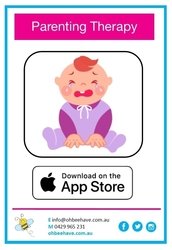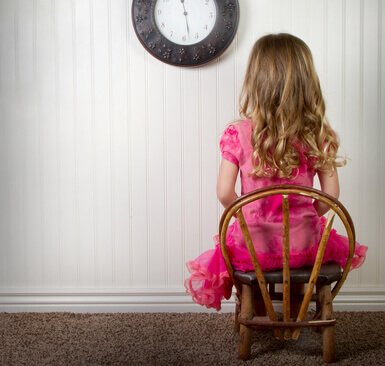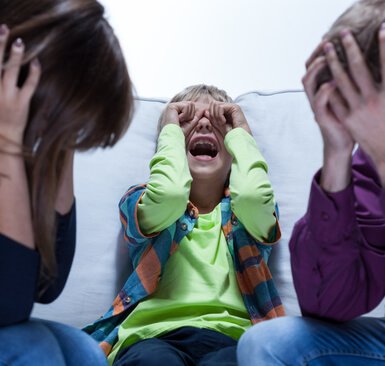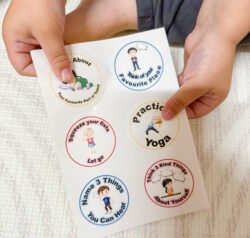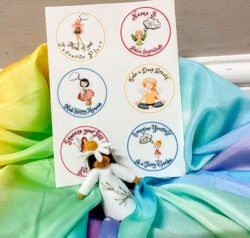ask a question

What’s an Expert Anyway
What’s an Expert Anyway
Sam and I were chattering away one morning, talking about idea’s for Oh Beehave! When suddenly, I said to Sam “I have a hunch”.
It’s kind of awkward, and I think a lot of people are probably thinking it, but no doubt no-one wants to be the person to say it…
I had a feeling that maybe parents aren’t as open to the content on Oh Beehave! As I would like, because they I know I don’t have kids, so obviously, I have no idea what I’m talking about…
I’ve wondered about this many times.
It’s true, I don’t have children (not from want of trying, believe me!) so I can’t possibly relate to what a parent experiences “in the moment” when they are battling with their children’s behaviour.
I find this thought process fascinating.
Because, not that long ago, I worked as a School Psychologist.
Back then, I felt a little overwhelmed with people vying for my attention at times. I had parents begging for appointments, calling up in tears on the phone and even when I just wanted 5 minutes of down time to do my grocery shopping, they would track me down in the middle of the shops, demanding help with all sorts of issues (while I really awkwardly tried to explain why it’s inappropriate to consult in the middle of the shops!)
I was a little bit scared by just how much trust and faith people could put into a person with a title!
Sometimes, not being able to relate does have it’s benefits. I think sometimes being removed from a situation gives you some ability to look at it objectively.
But I digress… now those days are behind me and although I still can’t possibly relate to exactly what a parent experiences, these days, as a Relief Teacher, I have certainly dealt with my fair share of behavioural problems in the classroom.
Something I can relate to is the disconnect between what I know based on behaviour research and how I actually act when I manage children’s behaviour in the classroom.
I have had times when I’ve been annoyed at myself, and disappointed with how I’ve handled certain behaviours.
I know that with my psych hat on, there are certain things I would never recommend in the classroom, but as Teacher, I know that there are always going to be times when you’ve had a long day, you get frustrated, and then there’s that one thing that one kid does that just sends you over the edge, and you lose your cool!
So no, I can’t relate to how a parent feels. But I can certainly relate to knowing how I “should” go about things, and all the thoughts, emotions, and guilt that goes along with you at those times when you don’t handle things the way you would have liked when it comes to tricky behaviours.
Which got me thinking…
Wouldn’t it be awesome, if there was some way of capturing a parents’ perspective, while also taking in to account the evidence based side of things when it comes to sharing parenting advice?
I put the word out to see if any parents would be interested in sharing their thoughts and ideas and was amazed with the response I received. Heaps of parents were keen to share their insights, as one parent pointed out from “in the trenches” and seriously, some of them had some amazing stuff to share!
So, when it comes down to it, What’s an Expert Anyway? I know I’ve written a post before saying that I don’t believe in parenting “experts” but maybe it’s just that I don’t really like the word “expert”.
If it’s a term we’re going to use, my preference would be to say that most parents are “experts” on their own children, and most people who call themselves “experts” probably know a fair bit about their topic of interest, which no doubt can be generalised to many children or situations, but when it comes down to it, I think it’s important to have a balance between both!
Which brings me to the whole point of this post, which is to let you know about a new section on Oh Beehave! called “Who’s The Expert”.
Every week we will be publishing new articles on “Who’s The Expert” where parents share their insights based on their parenting experience, and we share our thoughts based on my psych background.
This section of the website is a place where a range of thoughts, ideas and opinions can be shared, so there is a nice balance between practical parenting based on parents experience with a little bit of evidence based practice thrown in the mix too.
Essentially, we’re keen to “open up the conversation” on different thoughts and ideas where we can all learn from each other.
Last week, we put our first 2 articles on “tantrums” and “teeth brushing” up and this week we’re talking about “infants: biting, pinching, scratching, hair pulling… how to make it stop”. There’s some awesome tips shared on there from a heap of different parents’ point of view, and we’ve weighed in from our point of view too.
I hope you get the chance to check it out and let us know what you think!
If you have a topic you would like us to include, a tip you want to share, or you would like to feature as a contributor to “Who’s The Expert” get in touch or join our facebook group.
share this post



